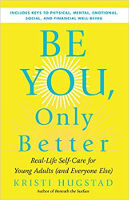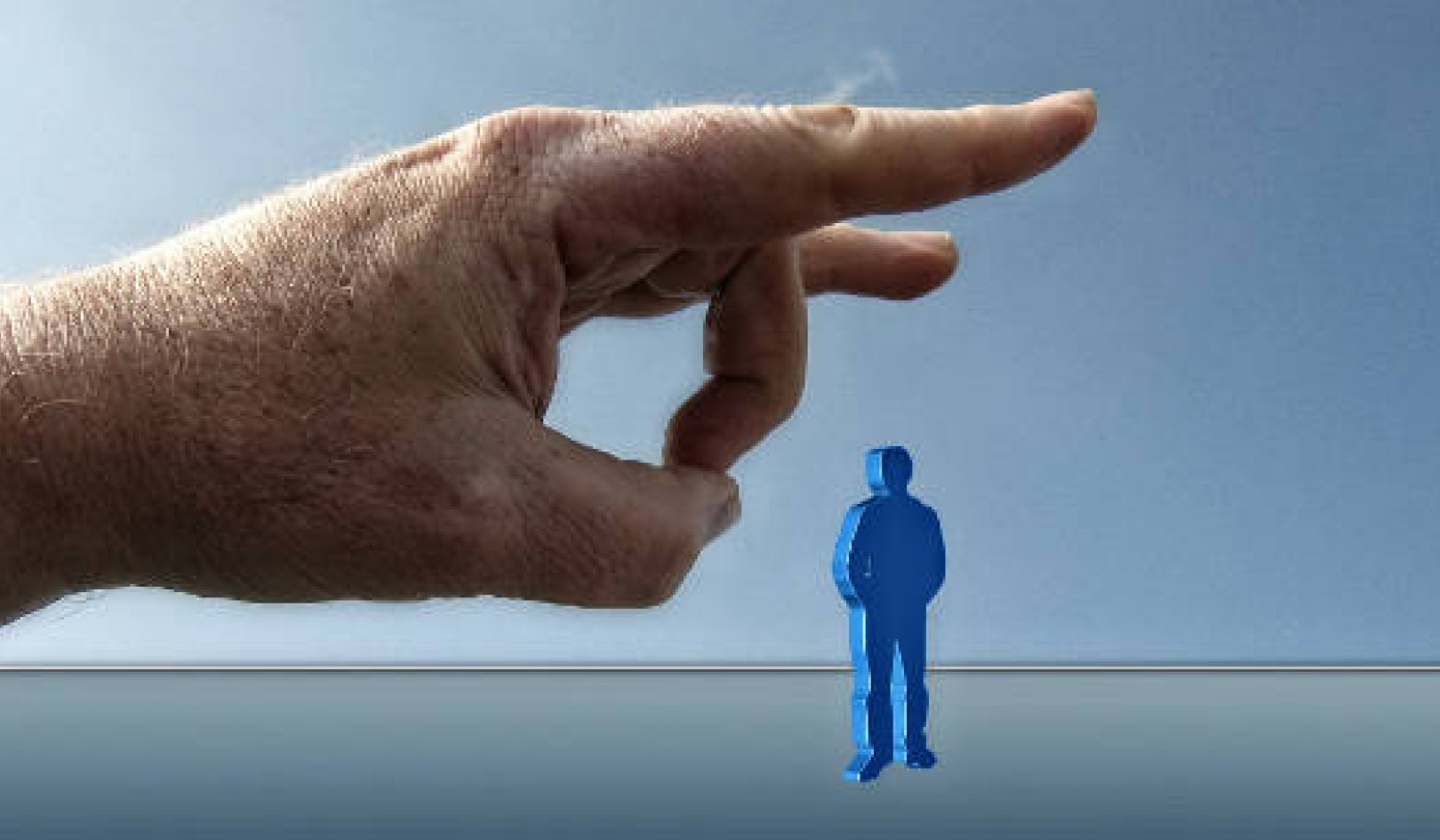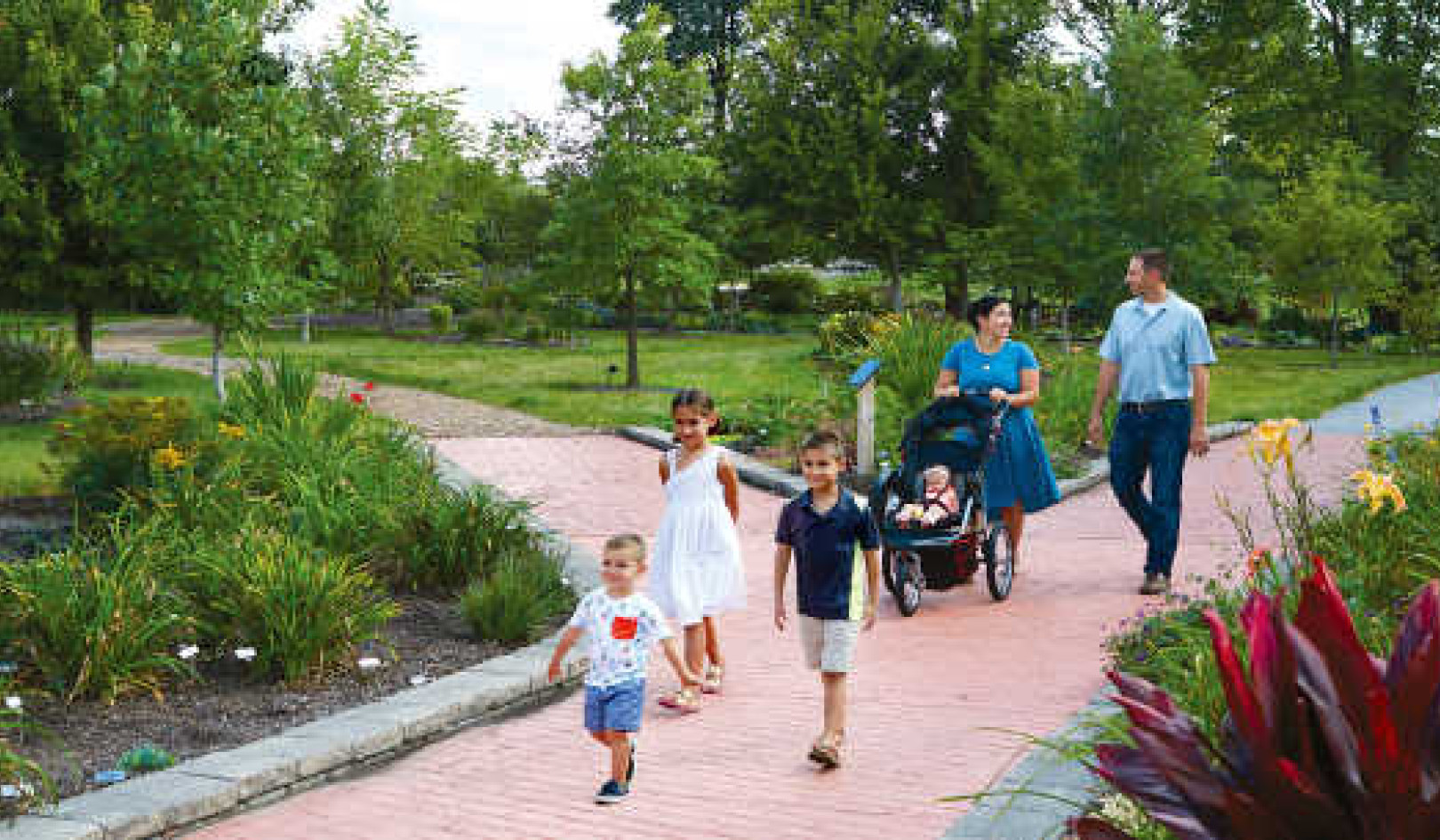
Image by Shereef shokry
Editor's Note: The word "trust" can be substituted for the word "hope" as you read the text.
Hope is not just a fleeting moment or a temporary feeling that things will get better. It’s a foundation for a lifestyle that reflects everything you do and everything you are. You can use hope to help motivate you to think positively and be proactive by making the most of every situation. Learning to manage your thoughts more effectively will help you respond in a healthy way, so nothing ever gets the best of you.
It’s important to distinguish hope from resilience. Resilience is the ability to bounce back from a bad situation. If your house burns down or you experience other trauma, resilience is what enables you to survive it and move forward. Hope is often focused on specific goals. It’s the positive conviction that by doing what you need to do — by filing the insurance claims, rebuilding, and taking stock — you will accomplish what you need to for a successful future. Indeed, it’s the faith that with love and determination, you can overcome whatever challenges you face.
Hopeful people believe that everything in life is meaningful. When bad things happen, instead of feeling like victims, hopeful people accept what occurred and see the bigger picture and the part they are playing. They know that good often emerges from pain. This is different from blind optimism. Hope is pragmatic and practical; it guides someone to make the best, most effective choices.
Hope is the belief that by making the best choices — by managing your money, fostering healthy relationships, managing your time, eating healthy, practicing mindfulness — you will improve your life and the world. You won’t escape storms, but you will survive them and do better next time. This positive mindset gives you the confidence to overcome your biggest fears and toughest challenges.
Be Hopeful
Here are some ways to create a mindset of hope.
Be intentional
Overcoming fear is essential to developing a hopeful mindset. Take charge and know that it is within your control to become more hopeful. Think about what you need most in your life and then do it. It can be something as small as taking a break to go for a walk, taking a short nap, or reading your favorite book. When you take care of yourself even for a few minutes a day, these small moments accumulate and will change your attitude for the better.
Reflect and appreciate
Silently reflect on what you are grateful for. Take time every day to appreciate and feel a sense of connection to yourself and the world around you.
What if you were told today was the last day of your life? How would you want to live it? Asking this question shifts our focus to who and what we are grateful for, and away from the daily petty annoyances that tend to grab our attention.
Reach out and help others
Do something good for someone else. Buy your friend a cup of coffee. Send someone flowers. Cook a meal for friends. Each time we make a difference in the lives of others, we create hope in ourselves and add more peace and hope to the world. Knowing this will give you hope.
Set goals
Goals help you focus on the positive outcomes you are working toward, instead of what you no longer have or what’s not working for you. Your goals don’t have to be accomplished all at once. Break them down into a series of small steps, and celebrate your successes along the way; this is the best way to keep yourself motivated. Start by prioritizing your top goals and move down the list to smaller ones. Remember, make sure your goals reflect what you want, not what your parents, teachers, peers, or employers expect.
Visualize success
Create a mental image of all the different paths you can explore to achieve your goals. Think of all the creative ways to overcome, rather than avoid, any obstacles you may face along your journey. Use positive self-talk and humor to learn to enjoy the process of attaining your goals. Visualize yourself achieving your goals. How do you feel? What are you grateful for? What have you learned? Who helped you along the way?
All of the self-care approaches discussed in this book are designed to help you trust and have faith in yourself. Know that you can get through any challenges that life throws your way. Developing healthy daily habits — which include mindfulness, journaling, moving, adequate sleep, gratitude, financial literacy, time management, enjoying nature, eating healthy, and asking for help when needed — provide the key ingredients for the most important aspect of self-care: hope.
What the Science Says
Hope affects your brain
Having hope releases the brain’s endorphins and enkephalins, hormones that promote well-being and help us handle stress. In addition, a study of 231 high school students revealed that the trait of hope relates to the orbitofrontal cortex, the part of the brain involved with reward, motivation, problem-solving, and behaviors associated with attaining goals.
Hope decreases anxiety and depression
The bottom line is that hope is associated with greater happiness. Many studies have measured hope’s relationship to well-being. Hopelessness is more associated with suicide than depression! In one study, five hundred college students participated in a survey that measured their feelings of hope, depression, and anxiety. They repeated the survey months later, and the students who had expressed more hope had lower levels of depression and anxiety.
Hope is good for your physical health
The positive mood that hope instills is associated with numerous functions in the body: immune system response, cortisol profiles, and cardiovascular function. In fact, it’s so good for your heart that it decreases your chance of death by heart attack or some other cardiovascular event.
One study on cancer patients measured the amount of hope in patients after receiving a diagnosis. Researchers found that hope influenced the mortality rates of breast, head, and neck cancer patients, and improved outcomes in patients with AIDS. In another study, researchers surveyed eight hundred people between the ages of sixty-four and seventy-nine on their level of hope. Within four years, 29 percent of the people who defined themselves as hopeless had died, compared to 11 percent of those who said they were hopeful.
Hope can help you attain your goals
Hopefulness provides the motivation to achieve your goals. Evidence shows that hope is related to better academic, athletic, and occupational achievement. A study of eleven thousand employees in a variety of workplace environments revealed that hope accounted for 14 percent of employee productivity. In fact, it was shown to be a larger factor than intelligence or optimism.
Hope improves your self-esteem
When you are hopeful, you feel better about yourself. In studies on patients with or without hope, researchers have concluded that those who reported higher levels of hope and resilience also possessed higher self-esteem.
How to Get Started to Find Hope
Hope is embracing your authentic self. Look within and find your dreams. It’s time to let hope shine.
Answer the following questions in your journal to explore what hope means to you.
- What makes you feel joy?
- How do you envision your future?
- What choices can you make now to achieve your dreams?
- What are your fears?
- What action(s) can you take to overcome any fear or obstacles?
- Where or to whom can you go to get support?
- What are five ways in which you can share your most authentic self with the world?
Final Thoughts
In your life, there will always be some suffering, and you can expect setbacks to your progress. Don’t be an unforgiving perfectionist; be kind to yourself. You may vow to cut out sugar and then have a soda. You may misspeak in a relationship or miss a day of exercising. As with all healthy relationships, treat yourself with compassion, and listen to your inner voice as you build a solid foundation.
If you build a home, the first task is to dig and pour the foundation. That foundation is hope. Your foundation of hope will inform the whole structure: the frame, the walls, the roof. Make changes with the intention to care about yourself, and wait. Spring, like hope, is just around the corner.
Hope is not passive; it’s active. The cocoon you are in is both a home and a waiting room where change takes place. When you emerge from it and engage with the world, you will take flight. You will be you. . . only better!
Getting Help and Mental Health Resources
Self-care is about checking in with yourself regularly and learning to recognize and address your needs and emotions in the moment. With that in mind, one of the most important ways to practice self-care is to know when — and how — to ask for help.
Unfortunately, many people feel that asking for help — or even needing help in the first place — is a sign of weakness or an admittance of failure. That couldn’t be further from the truth. In fact, asking for help shows both confidence in yourself and a commitment to living the healthiest, happiest life possible.
When and if you’re facing something that seems insurmountable or unendurable, it’s important to know where you can turn for help. The most obvious resource may be a parent, close friend, or family member. That’s wonderful if you have that option, but not everyone does. If you don’t know where to get help, or if you need more help than a friend or family member can provide, try the resources provided below. They are a great place to start. They contain a wealth of information and can connect you to professionals who are trained to help you.
Mental Health and Suicide
IMALIVE
Online crisis intervention chat and information center www.imalive.org
LGBT National Help Center
888-THE-GLNH (888-843-4564)
National Alliance on Mental Illness (NAMI)
800-950-NAMI (800-950-6264)
National Hopeline Network
800-442-HOPE (800-442-4673)
National Runaway Safeline
www.1800runaway.org
800-RUNAWAY (800-786-2929)
National Suicide Prevention Lifeline
www.suicidepreventionlifeline.org
800-273-TALK (800-273-8255)
Teen Line
Teens helping teens
800-TLC-TEEN (800-852-8336) or 310-855-HOPE (310-855-4673)
Or text TEEN to 839863
The Trevor Project
For gay and questioning youth in crisis
866-488-7386
Or text START to 678678
Drug and Alcohol Abuse
National Drug Helpline
844-289-0879
Copyright 2021. All Rights Reserved.
Reprinted with permission of the publisher,
New World Library. www.newworldlibrary.com.
Article Source
Be You, Only Better: Real-Life Self-Care for Young Adults (and Everyone Else)
by Kristi Hugstad
 Along with all the perks of becoming an adult come challenges and the need to learn skills that help you self-regulate as you venture into new experiences. Highlighting five key areas of life — physical, mental, emotional, social, and financial — Be You, Only Better offers science- and experience-backed tools and easy-to-implement techniques for success. Skill-building and self-care practices — such as journaling, getting enough sleep and exercise, embracing nature, managing time and money, and practicing gratitude, mindfulness, and optimism — are presented, and each is illustrated with the story of a real young person. These practices will help you create a resilient foundation for your powerful future. You’ll discover a wonderfully accessible lifeline and a realistically inspiring guide to leading — and loving — your best possible life.
Along with all the perks of becoming an adult come challenges and the need to learn skills that help you self-regulate as you venture into new experiences. Highlighting five key areas of life — physical, mental, emotional, social, and financial — Be You, Only Better offers science- and experience-backed tools and easy-to-implement techniques for success. Skill-building and self-care practices — such as journaling, getting enough sleep and exercise, embracing nature, managing time and money, and practicing gratitude, mindfulness, and optimism — are presented, and each is illustrated with the story of a real young person. These practices will help you create a resilient foundation for your powerful future. You’ll discover a wonderfully accessible lifeline and a realistically inspiring guide to leading — and loving — your best possible life.
For more info and/or to order this book, click here. Also available as a Kindle edition.
About the Author
 Kristi Hugstad, author of Beneath the Surface, is a certified grief recovery specialist, speaker, credentialed health educator, and grief and loss facilitator for recovering addicts. She frequently speaks at high schools and is the host of The Grief Girl podcast and talk radio show.
Kristi Hugstad, author of Beneath the Surface, is a certified grief recovery specialist, speaker, credentialed health educator, and grief and loss facilitator for recovering addicts. She frequently speaks at high schools and is the host of The Grief Girl podcast and talk radio show.
Visit her website at www.thegriefgirl.com




























